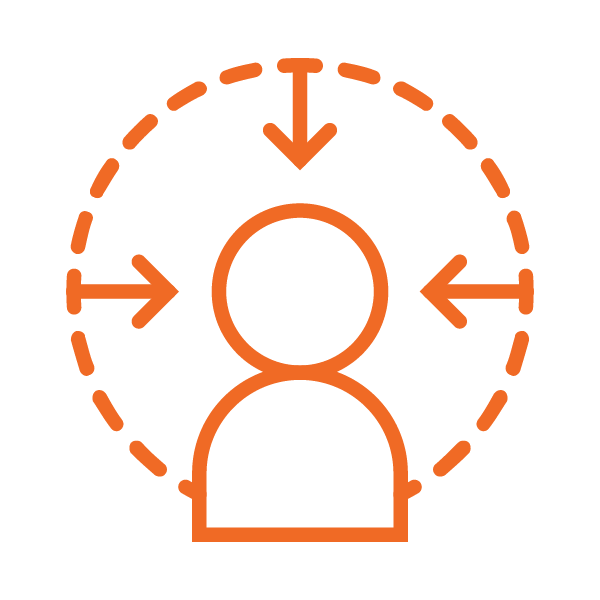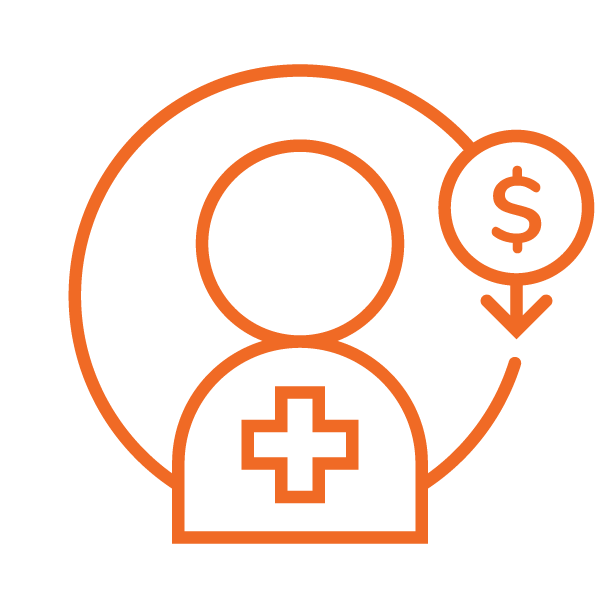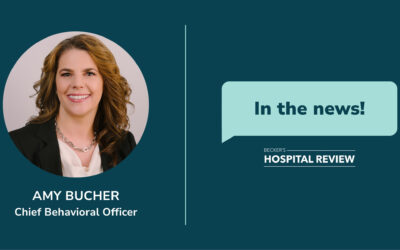Payers
Move members to engage with benefits that lead to better outcomes and lower costs.
Member
Enrollment
Closing Gaps
in Care
Care
Transitions
Member Satisfaction
& Loyalty

Help Members Navigate, Enroll, and Engage
When members don’t engage with their health plan benefits, it leads to worse outcomes and higher financial costs for them and your organization.
Lirio’s Personalization Engine and Precision Nudging® interventions are designed to help your members navigate, enroll in, and engage with the services they need to live healthier lives.
We deliver hyper-personalized communications with the right content, at the right time, and across the right channels to nudge individuals to match with primary care providers, utilize virtual care options, participate in health programs, and more.
The platform pulls in personal health information and eligibility information for clinical and non-clinical interventions, meaning we don’t simply recommend the best coverage option or product for the member.
We guide them to the right actions based on your healthcare expertise to close gaps in care and support healthier populations.


One-to-One Personalization
Move people to care solutions that match their unique health journeys.
We move past standard demographic segmentation to create highly tailored communications that make individuals feel known.
By aligning AI-driven recommendations with a deep understanding of a person’s context and health history, Lirio’s interventions augment human-to-human relationships built on trust and empathy.
The result: members take health actions aligned with your expert guidance.


Sustained Engagement
Build a population of active health participants.
The Lirio platform continuously learns from each individual’s interactions. Our behavioral interventions adapt in real time based on an ever-deepening understanding of your population.
Through this approach, we help you motivate people to stay engaged with their health and your organization.
The result: an empowered and healthier member population and reduced cost of care.


Healthier Populations
Improve outcomes and champion value-based care.
Lirio helps you reach more people earlier with the right care solutions.
Our clinically informed personalization engine integrates personal health information and intervention eligibility so you can guide members on their unique, ongoing health journeys, address health equity issues, and close gaps in care.
The result: higher quality scores and long-term success in a value-based care environment.


Lower Total Cost of Care
Take care of your population and your bottom line.
Healthcare is not about increasing online transactions; it’s about improving people’s lives. And, when you improve your population’s lives, you improve your business.
We automate many of the ongoing touchpoints with your population so you can maintain engagement at scale while strategically allocating limited resources.
The result: fewer high-cost care scenarios and stronger operational performance.

Payer Precision Nudging™ Interventions
Our growing number of Precision Nudging interventions cover health behaviors and actions across the care continuum. These interventions go beyond a point solution to create a comprehensive, informed path to better health.
Self-Care
- Digital Engagement
- Virtual Care
- Wellness Program Engagement
Preventive Care
- Well Visits
- Mammography
- Colorectal Screening
- Prostate Screening
Chronic Care
- Medication Adherence
- Condition Management
Episodic Care
- Transitions of Care
Financial Management
- Health Plan Member Enrollment
Making Sense of the Agentic AI Hype
Agentic forms of AI have been around for decades and the hype around generative AI and Large Language Models (LLMs) is still alive and well, so what is genuinely significant about the sudden rise in the use of agentic AI?
The power of threes: Overlap between cognitive behavioral therapy and nudging for behavior change offers trifecta of lessons
Cognitive Behavioral Therapy (CBT) is one of the most well-researched and evidence-based forms of psychotherapy. At the heart of CBT is the idea that our thoughts, feelings, and behaviors are deeply interconnected—each influencing the others in powerful ways.
In the news: Becker’s Hospital Review | 100 women in health IT to know
Lirio’s Chief Behavioral Officer, Amy Bucher, has been named one of the “100 women in health IT to know”.
In the news: How Payers Can Realize Hard ROI From Hyperpersonalization
Lirio’s CEO, Marten den Haring, and Chief Behavioral Officer, Amy Bucher were recently featured in Health Leaders discussing new market report.



